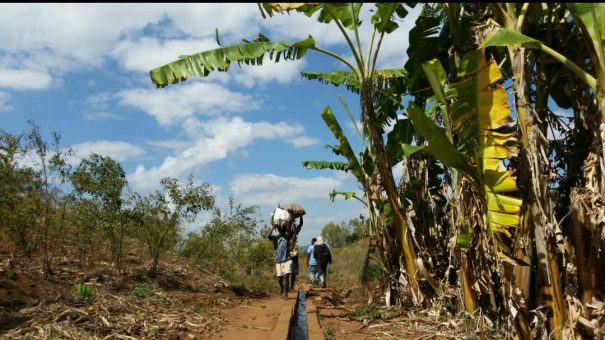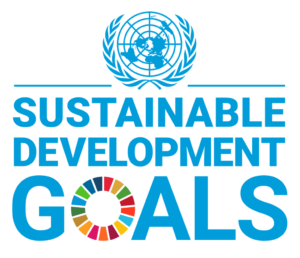
Altogether, 1,500 meters of canals have been constructed, 1,180 meters of secondary canals built and 385 meters of old canals rehabilitated. In total, 120 hectares of land previously not used is now being irrigated thanks to this initiative. Farmers had 25 hectares of land being irrigated before the intervention, now they have 145 hectares of land being irrigated.
As part of the project, nine fish ponds, three per site, were established and covered 3,500 square meters and had 36,000 fingerlings placed within. The first fish harvest was completed last month, in July 2016, and saw an average of 100 kilograms of fish harvested per site.
The scheme also provided training for farmers. This allowed them to build their skills and capacity in managing the irrigation and fish farming business. The training covered construction and management of gravity irrigation systems and fish ponds, fish farming, agribusiness, crop management and leadership, and group dynamics.
The integrated fish farming project has had a positive impact on the lives of the farmers and their families. Now they are able to pay school fees for their children and buy household assets like iron sheets and livestock – food insecurity is a thing of the past. One of the farmers said: “if all organisations did what Islamic Relief did in our communities, there would be no hunger in Malawi.”
Islamic Relief has been providing secure livelihoods in Malawi since 2006.




